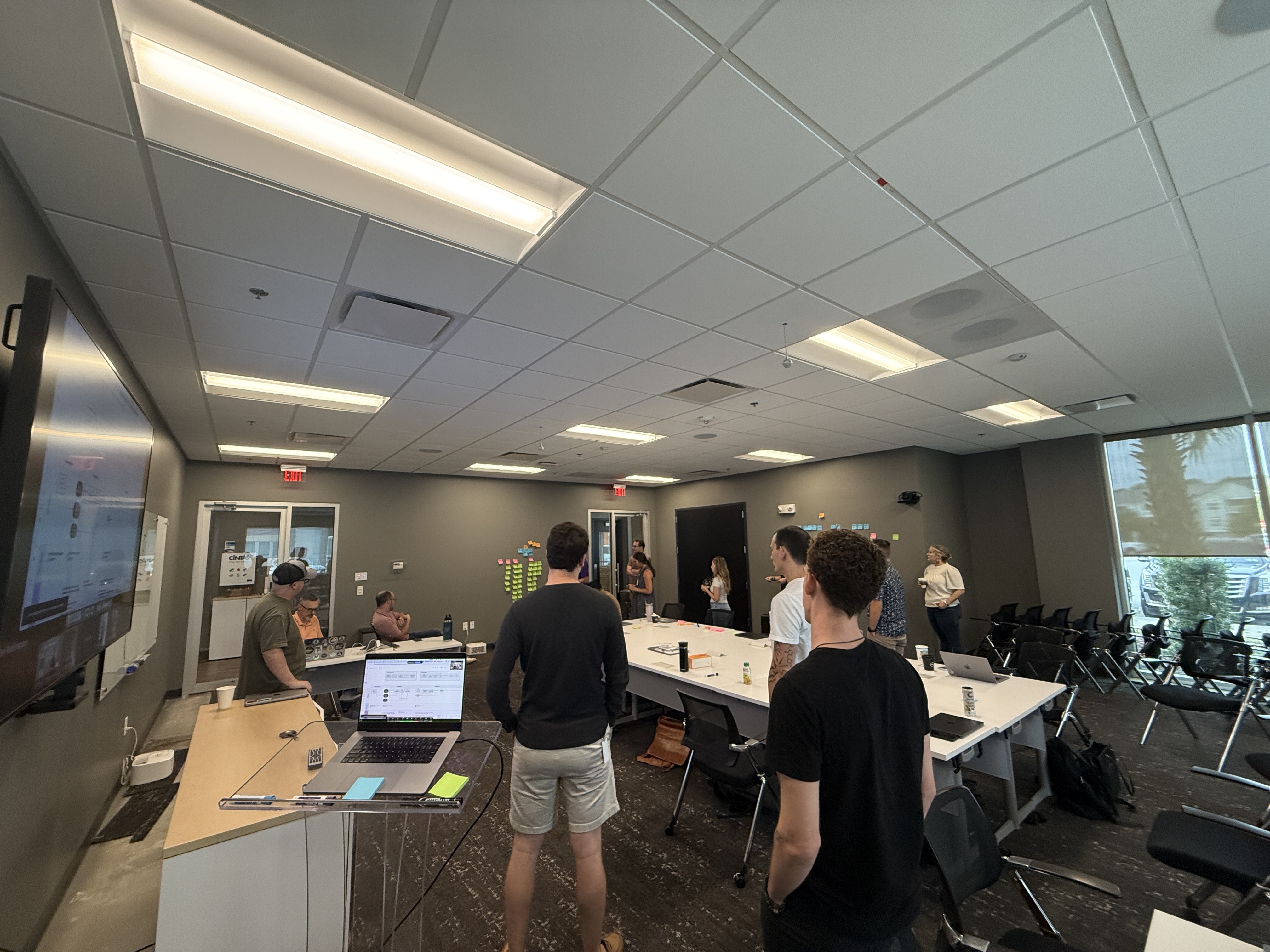Identify the problems
📍 The platform’s structure lacked clear organization, resulting in inconsistent placement of key features and data. Users struggled to find what they needed quickly, which created confusion and disrupted their workflows.
📍 The process that was put into reaching our users goals was thought and completed throughout this user research. During our online kickoff meeting, we started with a very expansive subject matter and settled on a result to complete our research report.
📍 Important information, such as loan status updates and key performance indicators, was either buried deep within the system or not easily accessible. This lack of visibility hindered timely decision-making and negatively impacted customer service.

✋ Simplifying navigation to streamline task completion
✋ Creating a consistent information architecture
✋ Enhancing visibility into loan status and critical data points
✋ Optimizing workflows to reduce processing time




